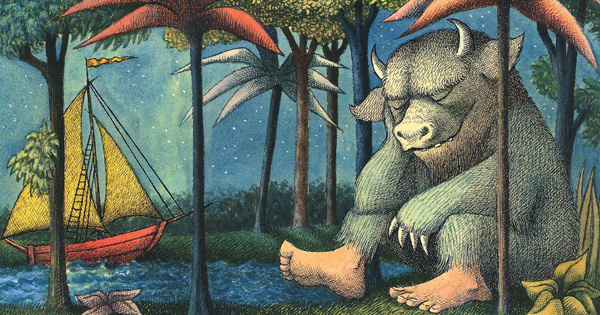
General Forum
Public Group
Public Group
Active a week ago
This group is for general conversations.
Public Group
Organizer:
- Organised by
- No Organizers
Reply To: Hello! I’m happy to be here
-
Enquiries into one’s inner and outer worlds – I’d call those introspection and extrospection, respectively, each an aspect of contemplation. Of course, if one adopts a reflexive view of perception, such as that proposed by Max Velmans, then, to use the analogy of reading a book “aloud” in one’s mind – phonemic imagery – much of what we call our “inner world” is, in fact, read “out there”, just as much of what we call our “outer world” is authored “in here”. On this view, the distinction between inner and outer worlds becomes rather transparent, and contemplation approaches a unity.
With respect to unlearning, I believe it’s useful first of all to reflect on what is actually learned in the process of learning. When reading a particularly rich piece of writing, for example, one learns not only something of the author’s thoughts and feelings but also something of one’s own, by way of agreement and disagreement with the author, and, more implicitly, one develops an image of the sort of person the author may be, as well as, far less palpably, an accumulating image of oneself. The ramifications of all this learning extend into the wider world of other selves and non-selves. And so it becomes apparent that a single book can be very much like a single grain of sand, as Blake figured it.
Can all of this learning be unlearned? I don’t believe so. More pointedly, I don’t believe we can willfully unlearn anything; such an attempt would be as futile as trying to forget something and as counterproductive as trying to fall asleep. Our learning evolves unforced over time, sometimes imperceptibly, sometimes dramatically – akin to Gould’s punctuated equilibrium – as we encounter all manner of newness. But such encounters are bidirectional: we change the books we read, just as the books we read change us. And not only books, of course, but every encounter with otherness.
Perhaps this influence of otherness can be thought of as a river flowing through the landscape of self: a spring melt might alter the riverbank beyond recognition, while a long summer of little rain might leave it looking unaltered. So – we may not be able to shape the river’s course directly, but perhaps we can seek the sun in winter or seek the clouds in summer, and hope for water to do what water does. Unlearning, then, may involve creating opportunities for change – an aspect of wu wei. As Bill Hayes put it, “Sleep must come find you”. The most you can do is to situate yourself where you’re likely to be found.
https://www.themarginalian.org/2017/01/09/bill-hayes-sleep-demons/
themarginalian.org
Sleep Demons: Bill Hayes on REM, the Poetics of Yawns, and Maurice Sendak’s Antidote to Insomnia
“Sleep acts … more like an emotion than a bodily function. As with desire, it resists pursuit. Sleep must come find you.”

